
It is noticeable that many of the book’s Anglophone contributors are almost bewildered by the sudden papal attack on the traditional liturgy. This is a shortcoming of the Anglo-centric perspective, which underestimates the depth of the antipathy towards the Apostolic Roman Rite amongst many non-Anglophone bishops.
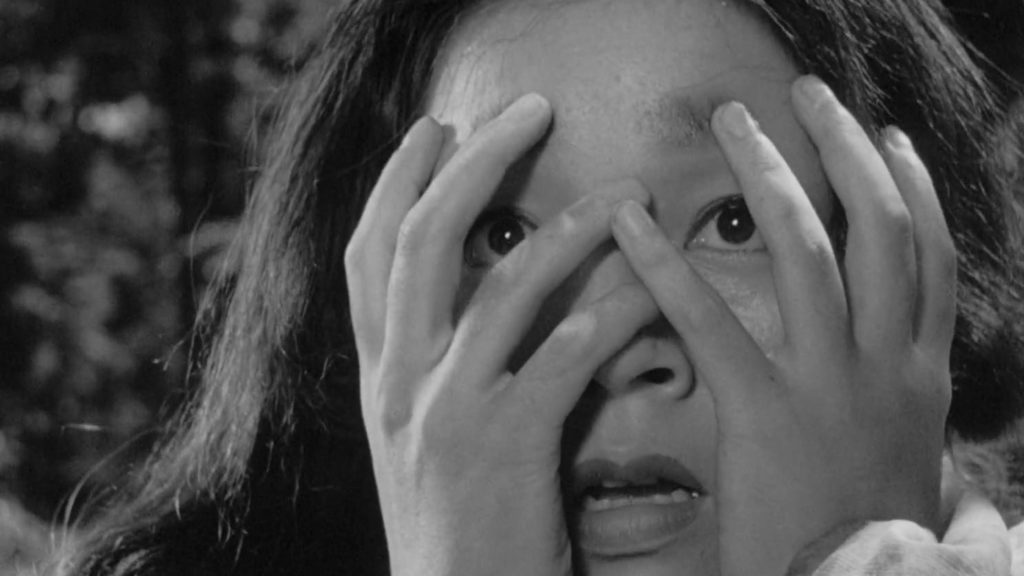
70 years ago Akira Kurosawa won the Oscar for his film Rashomon. In our world, that demands us to constantly pick sides, the tale of four different versions of a story, that questions our perceptions of reality and our inevitable subjectivity, is as current as ever.

Particularly in Britain, the New Culture Forum’s film is likely to evoke plaintive sentiments, if not downright fury. Indeed, the UK Conservative government has altogether less to show for itself than the Hungarians do after an equivalent period of now twelve years in Downing Street.
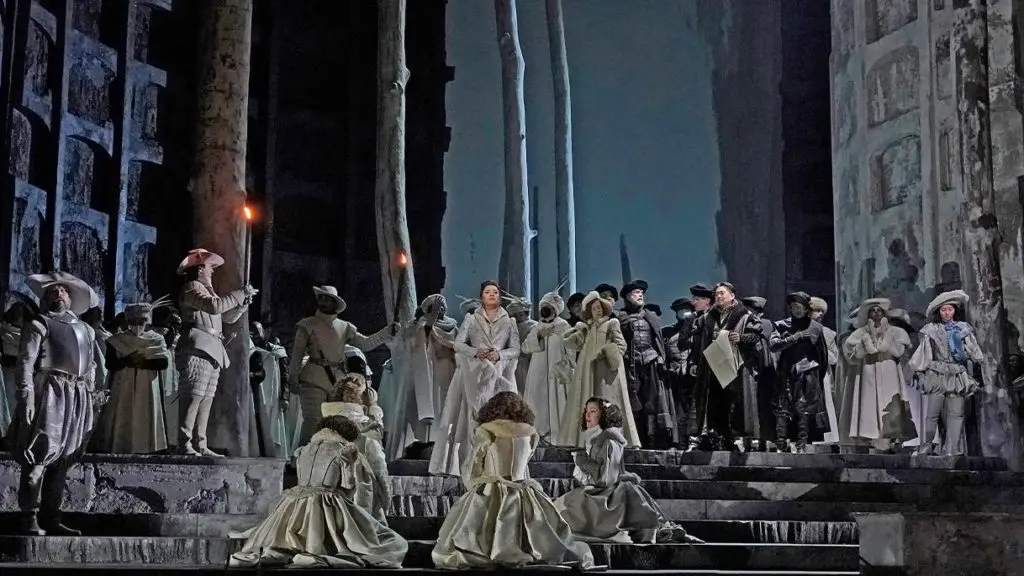
Set against the production’s dismal sets, the action unfolded as a five-hour dirge of funereal hopelessness before ejecting spectators into equally gray Manhattan surroundings where after-theater conviviality is long dead.
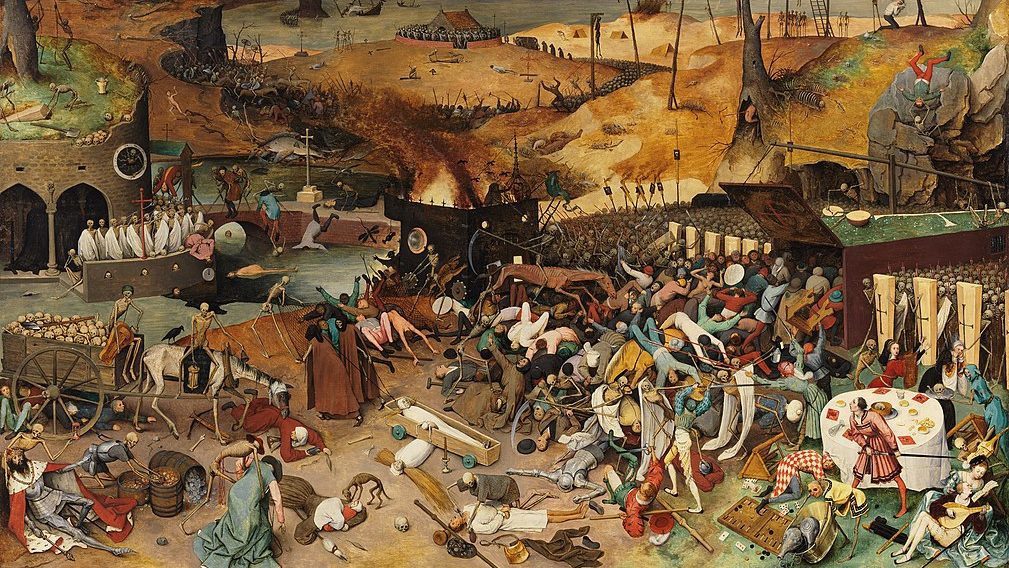
The essential thesis of the book is, regardless of the efficacy of pandemic management measures, that there was never an assessment of what the likely damage was going to be. The equation between benefit and damage was unbalanced; in fact, the damage side was left blank.

Despite his colourful pessimism, Žižek still appears to indulge the fallacy that some combination of good will, rationality, and imagination is up to the task of saving our fallen world.

Fr. Bryan Houghton has an enduring message, which remains relevant for the Church and for society in the West today: “tradition is not nostalgia for the past but precisely the transmission of one’s inheritance to the future.”

No beast is troubled by the fact of being a beast, still less moved to produce art expressing such anxiety. Even in our most savage conduct, human beings are nothing like wild animals. We are distinctly human, at times even fiendishly artistic, in our beastliness.

Thirteen years later, a Netflix series revisits the mysterious, gruesome murder case that kept Spain for years in a state of shocked, anxious outrage.
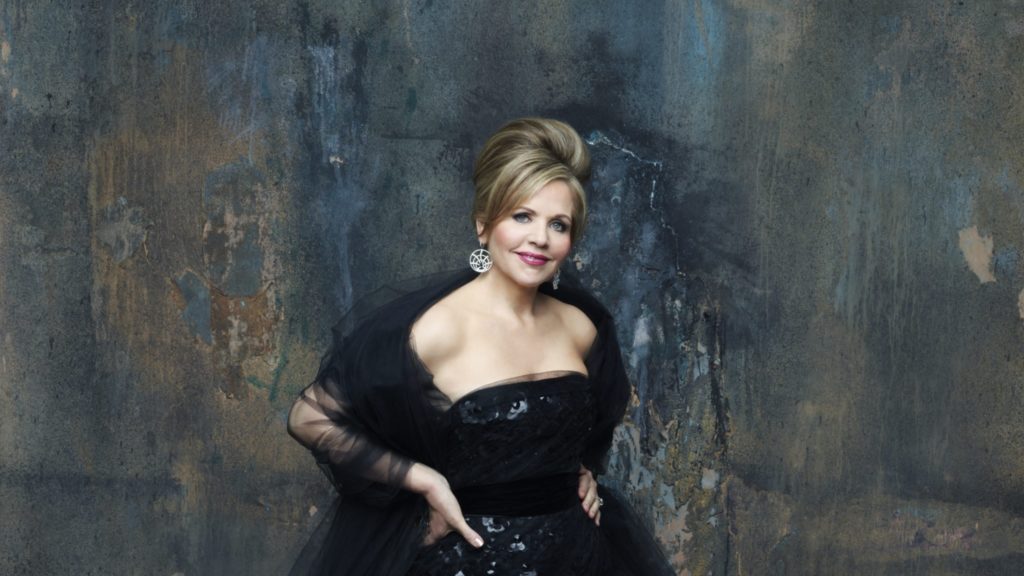
Listening to Renée Fleming in an intimate recital nearly five years after her semi-retirement, one has to wonder if she left too soon. She has upcoming April concerts in France, Germany, Lithuania, and the UK.

Norse mythology, unlike the Sacred Scriptures, does not present readers with loving and merciful divinities. The Norse gods are violent boozers, many of whom seem to spend most of their time playing practical jokes and fighting giants. And yet there is a great power to the tales.

If this book had been well-argued and informed by a serious engagement with Christian theology, it might have been a real contribution to contemporary debates about how Christians should engage with politics. Instead, the author relies on caricatures, oversimplification, and fearmongering.

Since the dawn of mankind, men have provided the raw material for human civilization and have ordered an often hostile and fallen world for human habitation. When this impulse is suppressed, the consequences can be grave.
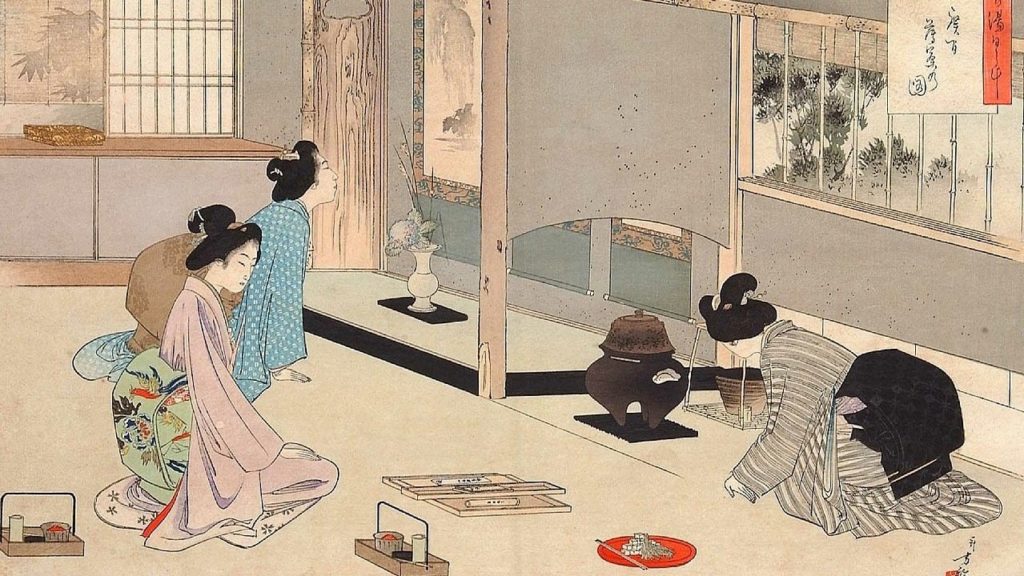
Byung-Chul Han draws attention to the value of things which have been the subject of neglect and indeed vilification for three hundred years in the West: inherited loyalties, roles, and customs.

Mystery frightens us. Big Data offers to explain it away, thereby giving us reliable tools with which to control our lives. It is no great discovery to point out that such tools sometimes fail. Christopher Beha has done something more significant: he has asked why we want them to succeed.
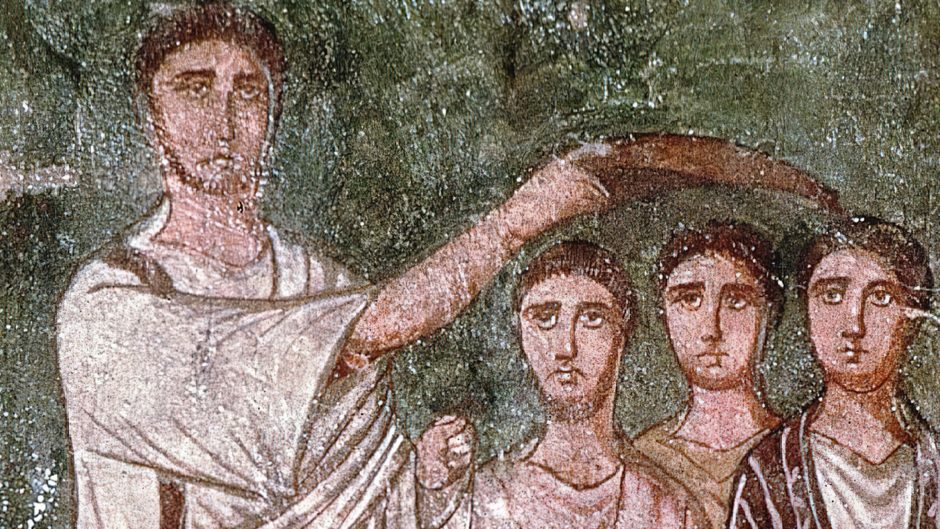
Having thrived for millennia amidst Arab societies despite their inferior status, Oriental Jews were swiftly uprooted in a matter of decades by the Arab-Israeli conflict. A once-in-a-lifetime exhibit at Paris’s Institute for the Arab World attempts to synthesize conflicting narratives of trauma and nostalgia.

The real problem is that something is wrong with the state of science itself. More accurately, something is wrong with the state of academia, in which the system of academic promotion is overly focused on the superficial outcomes of science rather than on the actual meaning and contribution of the findings.

Sadly, Macbeth turned out to be more of a miss than a hit. Livermore replaced the original Scottish setting of Verdi’s opera and Shakespeare’s play with a modern urban gangster war. The idea is far from original. Theater directors have toyed with it for at least forty years, not only with Macbeth but with other operas featuring political power tainted by betrayal and a hint of sexuality.

How do localism and nationalism fit together? How do each of these philosophical approaches to place use and abuse the innate noble feeling of patriotism? Over the course of Chesterton’s story, we are challenged to confront these questions and answer how we ought to live.
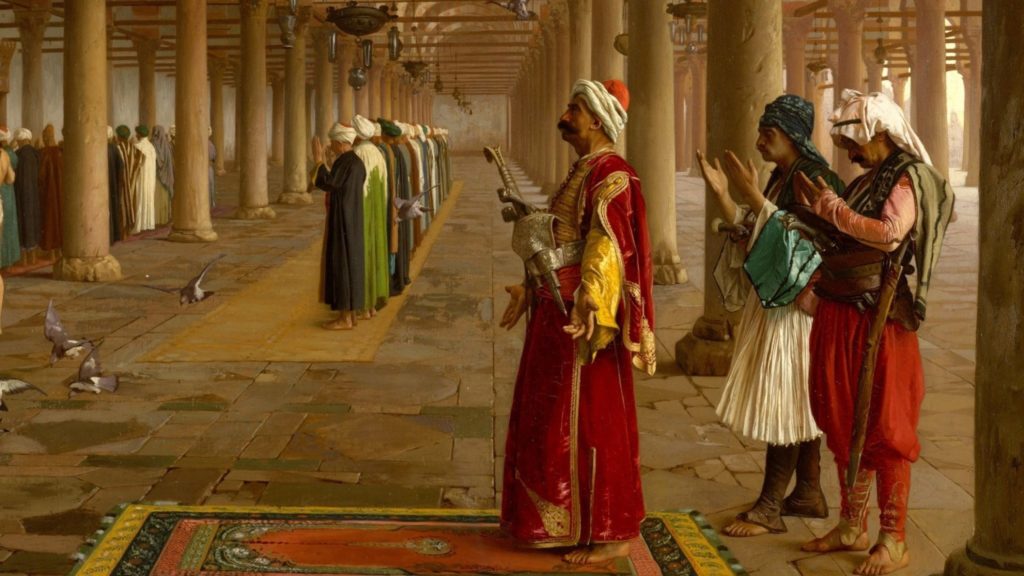
Islamic apologetics have, somewhat contradictorily, tended to ally themselves with a secular, Western academic drive to denigrate European culture and Christendom.
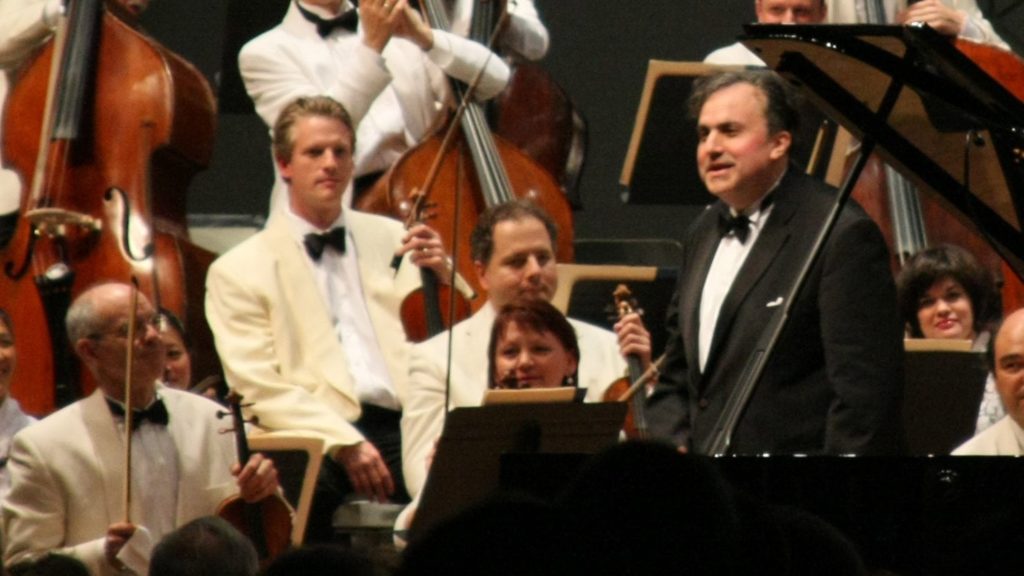
Interested readers should know that, in what is billed as “the return of one of the greatest pianists of our time” spanning from Beethoven’s “Appassionata” and Chopin’s “Third Sonata,” Yefim Bronfman will perform a piano recital at the Teatro Auditorium Manzoni in Bologna on February 28, 2022.